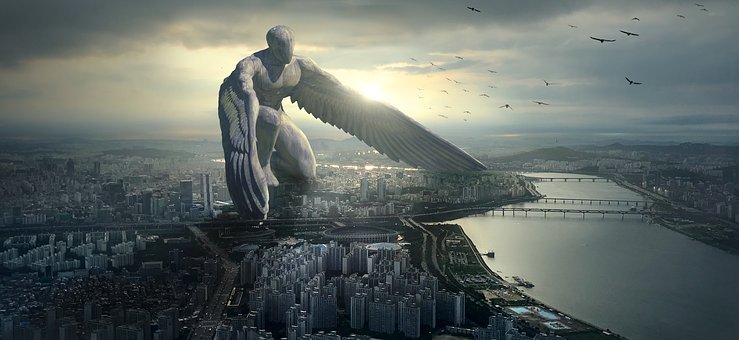EFE Latam Videos
Indigenous people in Brazil demand an end to impunity on the eve of the elections
Manaus (Brazil), Sep 5 (EFE).- Indigenous leaders and representatives of other social minorities marched this Monday, Amazon Day, in the Brazilian city of Manaus to demand an end to impunity against the attacks they attribute to “threats “of the Government of Jair Bolsonaro, when there are 27 days left for the elections. The demonstration, also planned in other cities of the country, coincided with the Cry of the Excluded, organized by the Catholic Church since 1995 in defense of minorities to counterprogram the celebrations for the Independence of Brazil, which will be 200 years old this Wednesday . “Brazil: 200 years of (in)dependence for whom?” It has been the motto chosen for the 2022 edition, which was once again face-to-face after two years of absence due to the coronavirus pandemic. With backpacks full of claims, representatives of the native peoples traveled long distances, by land and water, to reach Manaus, capital of the Brazilian state of Amazonas (north), from where they began a march of about five kilometers. TWO YEARS WITHOUT ANSWERS The most repeated word was “Justice.” Alessandra Macedo, of the Munduruku ethnic group, has come in search of answers for the murder, on August 5, 2020, of two young brothers from her village during a brutal police raid in the region. “We want justice and for the government to repair what it did and give us security. The police cannot enter like this because they really killed two indigenous people,” she explained to Efe. In these two years, no clarification, no arrest. According to a report by the Missionary Indigenous Council (Cimi), an entity linked to the Catholic Church, invasions of indigenous reserves grew in 2021 to 305 cases, almost three times more than in 2018, a year before the far-right Bolsonaro assumed the Presidency. . Last year, 176 murders of indigenous people were also reported, just six less than in 2020, which then already meant the highest number of homicides since the Cimi compiled this statistic based on official sources, in 2014. “We face violence that is related to with our natural riches,” such as “gold, wood, fish” and “this aggression ends up killing indigenous cultures,” the Archbishop of Manaus, Leonardo Ulrich Steiner, appointed the first cardinal of the Amazon on 27 September, told Efe. August by Pope Francis. The indigenous and environmental movements hold the head of state responsible for the fact that the Amazon has become a “land without law”, where loggers, miners and drug gangs are increasingly present. Bolsonaro, who is running for re-election in October, refuses to demarcate new indigenous reserves, defends mineral exploitation in those territories and has even blamed the record fires that devastate the Amazon on the indigenous peoples themselves and the “ribeirinha” communities. The president, second in voting intentions behind former president Luiz Inácio Lula da Silva, also believes that the agricultural industry “is more important” than conserving the largest tropical forest on the planet at this time, as he has stated in interviews. “As an indigenous people, we feel threatened by Bolsonaro. I feel threatened by him. We are afraid,” says Macedo. THE AMAZON IS BEING “KNOCKED DOWN” Terezinha Sateré-Mawé, 48, has come with her children and nephews from the village of Gaviao, located on the banks of the Tarumã-Açu igarapé river. “We are here to talk about what we are choking about, because of so many things that have been happening, because of the massacres of our peoples throughout Brazil. That is something that deeply outrages us,” this leader of the Sateré-Mawé ethnic group told Efe. She denounces that the Amazon “is being demolished” and its rivers “contaminated” by ‘garimpeiros’ who invade their territories in search of precious metals. In his case, he fears that the advance of deforestation, which has skyrocketed since Bolsonaro took power, will end one of the sources of income for his village, such as handicrafts made with seeds and fruits of the trees in the jungle. . “And that’s why I’m here today shouting: Respect our rights!” exclaims Terezinha, who today wears a necklace made with morototó and tucumã seeds. Carlos Meneses (c) Agencia EFE
Guardiola: “I don’t know if there is more pressure at Manchester City than in Argentina”

